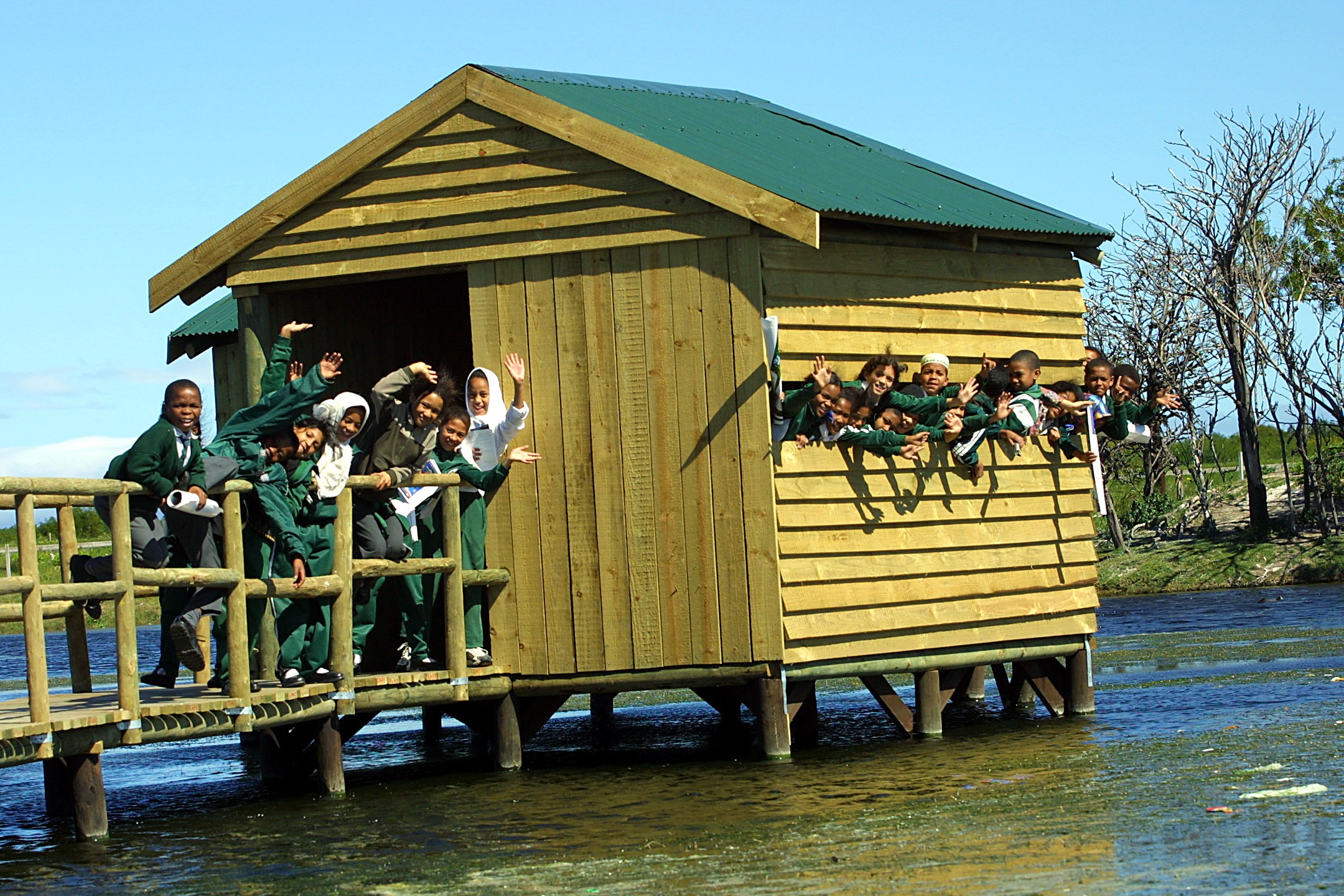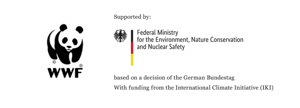Cape Town was recognised as the most biodiverse city in the world in 2017. Thanks to its initiatives it still continues to be one of the most biodiverse cities to this day.
Working with various partners, the City established the fine scale conservation plan for the Cape Town area, the Biodiversity Network (BioNet). The BioNet is a spatial representation of the network of sites needed to meet the national conservation targets of the terrestrial vegetation and wetland ecosystems found in Cape Town. Through various initiatives, over 55,000 hectares - or 65% of the BioNet - has now been secured under the National Environmental Management: Protected Areas Act. One of the tools being used is that of Conservation Stewardship where conservation agreements are signed with private landowners. Besides the BioNet, Cape Town’s green spaces include 307 km of coastline, public parks, and green belts. The City also currently manages 21 nature reserves, 14 district parks and 354 greenbelts across Cape Town.
 Environmental education and awareness building in Cape Town. Photo provided by the City of Cape Town
Environmental education and awareness building in Cape Town. Photo provided by the City of Cape Town
To empower individuals to better appreciate and protect the green spaces around them, Cape Town has implemented environmental education and outreach programmes at nature reserves, encouraging citizens to track their carbon footprint and make smarter choices in their daily lives. Cape Town also works with civil organisations and holds biodiversity-based events – like the ‘Birdathon’ at False Bay Nature Reserve - as well as “open days” where access to all the city’s nature reserves is free of charge.
Furthermore, Cape Town is a prime example of how environmental protection benefits both nature and people. For one, areas where invasive alien vegetation have been removed have improved spaces for community use, as well as reduced opportunities for crime by taking away vegetation that criminals can otherwise use as “cover”. In addition, from 2020 to date, the city has created 1,691 job opportunities for the community - totalling 53,000 days of temporary employment - that revolve around protecting and maintaining the nature reserves and BioNet.
-jpg-1.jpeg) City of Cape Town with the Landowner of one of the Biodiversity Stewardship sites. Photo provided by the City of Cape Town
City of Cape Town with the Landowner of one of the Biodiversity Stewardship sites. Photo provided by the City of Cape Town
But the City’s efforts to keep the environment and its citizens in mind go beyond job creation – Cape Town has also implemented programs to help upskill and nurture future industry professionals. The city’s Invasive Species Unit initiated The Kader Asmal Skills Development Programme in September 2018, helping equip individuals with the necessary “green skills” and experience to become more employable or to one day start their own Small, Medium and Micro Enterprises (SMMEs) that support the city’s environmental restoration and protection efforts.
At WWF, we're working tirelessly to build a healthier future for both people and planet.
Subscribe to our newsletter to be part of our journey, keep up-to-date with our vital work, and discover ways you can get involved!

Connect2Earth is part of the project “Scaling up Biodiversity Communication”, supported by Germany’s Federal Ministry of the Environment, Nature Conservation and Nuclear Safety with funding from the International Climate Initiative (IKI)

© 2017 WWF - World Wide Fund For Nature© 1986 Panda Symbol WWF – World Wide Fund For Nature (formerly World Wildlife Fund)® “WWF” is a WWF Registered Trademark Creative Commons license.